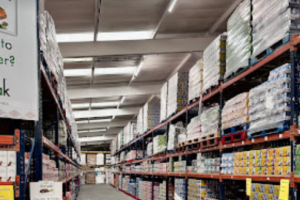The Here to Help campaign provides a practical guide for food businesses on how to register, re-open, and adapt to the way they trade safely during the Covid-19 pandemic.
In recent months, many established food businesses have diversified into food delivery, takeaway or online sales in order to continue operating. Anecdotal evidence also shows an increase in people cooking from home and selling food locally or online.
The FSA has developed the Here to Help guide for small food businesses such as restaurants, takeaways and coffee shops, to make the hygiene processes and requirements they must follow clear as they develop new ways of working.
Here to Help has useful advice on a range of issues such as the provision of allergen information, safe food packaging and takeaway containers, and ensuring delivery drivers follow food hygiene rules. It also highlights the legal obligation for anyone selling, cooking, storing, handling, preparing or distributing food, to register their business with their local authority.
The campaign will be supported by a series of case studies featuring small businesses and sharing industry expertise. It will look at how they have managed the transition to new operating models and the challenges they have come up against. Their stories will be highlighted through blogs, podcasts, and webinars across FSA channels.
Michael Jackson, head of regulatory compliance at the FSA, said: “Covid-19 has been an extremely challenging time for the food industry, with many businesses changing the way they trade to survive.
“It remains really important for businesses to understand the possibility of additional food safety risks as a result of the changes they have made and the steps they must take to protect their customers. Our Here to Help campaign aims to support businesses in getting this right, to ensure consumers continue to have access to food that is safe.”
 Talking Retail Grocery and product news for independent retailers
Talking Retail Grocery and product news for independent retailers






